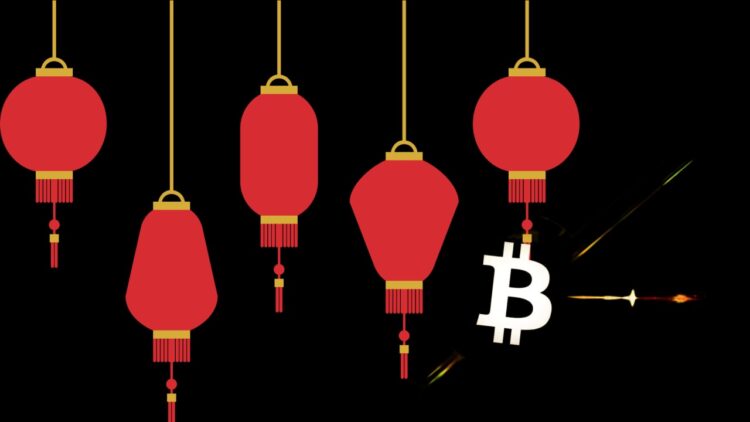The Shanghai High People’s Court has ruled that Bitcoin is a virtual asset subjected to property rights and regulations under Chinese law, noting its economic value.
A Shanghai District Court recently ruled on a bitcoin owner’s right to compensation in a case involving an unpaid bitcoin loan, declaring BTC a legal property despite the country’s ban on cryptocurrency trading.
The lawsuit filed in a lower court in October 2020 to recover a one bitcoin loan prompted the declaration.
Mr. Cheng Mou filed the lawsuit in the Baoshan District People’s Court in Shanghai on October 10, 2020, demanding that Mr. Shi Moumou return the one BTC he loaned him.
After the trial on February 23, 2021, the court ruled that Shi should repay the BTC loan within ten days of the verdict, but Shi refused to pay, prompting Mr. Cheng to return the case to the lower court.
During the second trial, the local court ruled in favor of Mr. Cheng, legally obliging Mr. Shi to return the loan at a discounted rate in local currency since crypto trading is no longer legal in China.
In this regard, the Shanghai High People’s Court last week stated that Bitcoin qualifies as a virtual asset protected by Chinese law. Despite China’s ban on cryptocurrency trading.
A notice shared by the court’s official Wechat channel stated: “In the actual trial practice, the People’s Court has formed a unified opinion on the legal position of bitcoin, and identified it as a virtual property.”
Furthermore, the court recognized Bitcoin as an asset with value, availability, and scarcity and subjected it to property rights. The court stated that Bitcoin “has a certain economic value and conforms to the property’s attributes, the legal rules of property rights are applied for protection.”
Additionally, this is the first time a higher court in China has issued a ruling on a cryptocurrency case.










